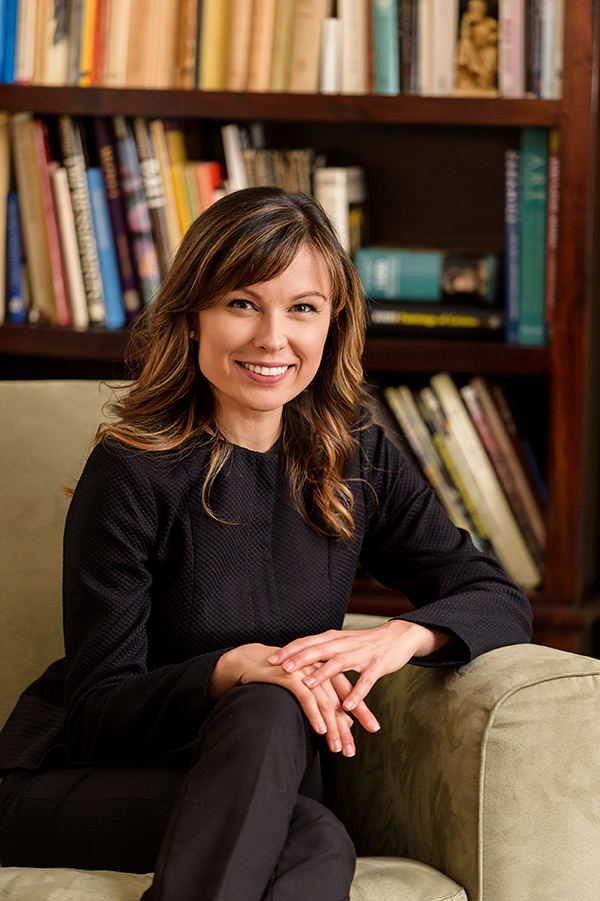 Recent research from Associate Professor of Education Basia Ellis has demonstrated the positive psychological impact the DACA program has had on undocumented young people.
Recent research from Associate Professor of Education Basia Ellis has demonstrated the positive psychological impact the DACA program has had on undocumented young people. A Sacramento State professor is hoping to help her fellow educators and other professionals better support the so-called Dreamers and other young people whose long-term fate and undocumented status hang in the balance.
Later this month, Basia Ellis, associate professor of Education, will launch “Addressing the Undocumented Stress Cycle.” It is a series of webinars designed to help professionals who work with young people affected by undocumented status understand the unique stressors these groups face and provide better support for their well-being. The groups include undocumented individuals as well as people living in “mixed-status” families – for example, a family in which the children are U.S. citizens but their parents are not.
Ellis aims to draw upon her years of research with young people faced with status-related barriers both in Canada and the United States to introduce strategies to better understand and support them. The series is supported by Sacramento State’s Dreamer Resource Center.
“There are particular patterns of experience that are common to people who are affected by undocumented status,” she said. “The idea is to make clear to educators and other professionals working with undocumented communities what it is like, from a first-person perspective, to deal with status-related stressors, what are the psychological implications of that, and, based on that understanding, how can we provide adequate support that’s tailored to their experiences.”
The issue is one that directly affects Sacramento State: There are approximately 800 undocumented students enrolled at the University, along with an unknown number of students who are members of mixed-status families. President Robert S. Nelsen has repeatedly affirmed his support for these students.
Ellis’ recent research shows how important that support can be. One of the most well-known aspects of the immigration debate is the Deferred Action for Childhood Arrivals (DACA) program, which offers protection from deportation for young people brought to the United States illegally as children. The study, published last fall in the journal Cultural Studies-Critical Methodologies, shows that the program has a positive effect on recipients’ well-being and sense of belonging.
Undocumented status, Ellis says, undermines an individual’s capacity to have a say in or affect his or her own life circumstances. For a young person, that could mean ruling out higher education, not just because of financial considerations, but also because a degree means little when one's citizenship or immigration status is unsettled and employment prospects include working “off the books” and being paid under the table.
Programs such as DACA, however, allow individuals to envision a different future.
“Giving them opportunities to work, to go to school because they can pay for it through work, protecting them from deportation – these things matter for how young people can make sense of their lives and pursue dreams and hopes that they had previously thought were unavailable to them,” Ellis said. “From a psychological perspective, that obviously matters.”
DACA’s unsettled status, however, means undocumented status-affected young individuals still deal with chronic stressors and fears. Ellis encourages educators, professionals and politicians to consider the moral as well as economic arguments for a permanent solution – that these people are part of our community and want to contribute as full participants.
At Sacramento State, the Dreamer Resource Center aims to provide support for undocumented students and students in mixed-status families, helping them overcome the unique challenges they face to pursuing higher education. The center is funded through Associated Students Inc. (ASI).
Ellis’s webinars begin March 29 and will take place weekly through April 26. More information is available online. – Jonathan Morales
